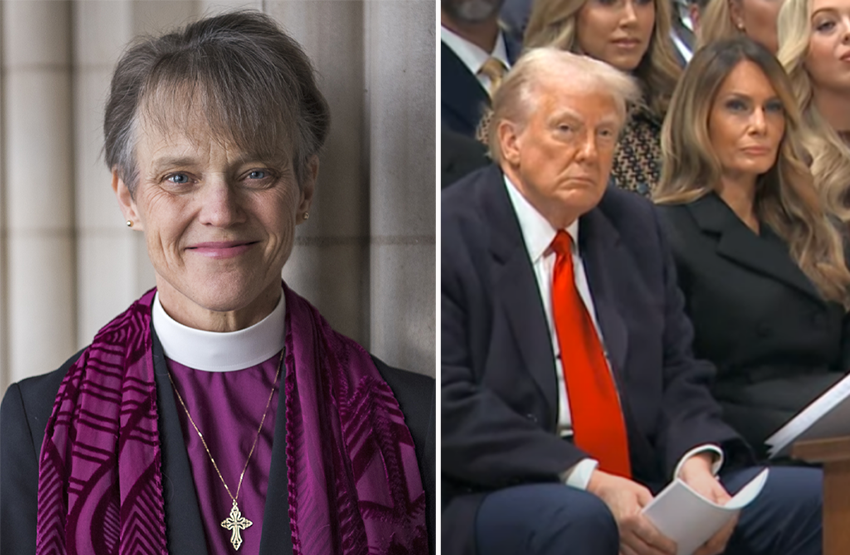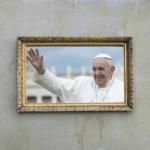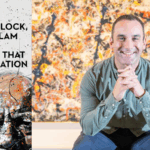In a striking homily delivered at Washington National Cathedral, Bishop Mariann Edgar Budde pleaded for mercy and compassion for those frightened by policies and rhetoric emanating from former President Donald Trump and his political movement. Her words, grounded in love and justice, were a clarion call to those in power to govern with humility and empathy. However, Trump’s response has only heightened fears about the growing chasm between religious ideals and political discourse in America.
Bishop Budde’s sermon, delivered with the gravitas of a leader deeply concerned for her flock, focused on the plight of marginalised communities, including immigrants, LGBTQ+ individuals, and racial minorities, many of whom feel directly targeted by Trump’s policies and public statements. “Mercy is not weakness,” she said, her voice echoing through the historic cathedral. “It is the strength of a soul attuned to the divine. We must protect the vulnerable, not weaponize their fears.”
Trump, however, responded in a way that critics argue underscores why such fears are justified. In a statement released via his Truth Social platform, Trump labelled Bishop Budde’s remarks as “a disgraceful attack from the radical left disguised as faith.” He accused her of being “a phony Christian” who seeks to “divide Americans by pushing political agendas from the pulpit.” He further claimed that her sermon was “an insult to millions of believers who know the truth about what is happening to our country.”
This combative response, while not unexpected, raises profound concerns for Christians who believe in the church’s mission to advocate for the least among us. Trump’s dismissal of Bishop Budde’s plea as mere politics reveals his growing hostility toward religious leaders who challenge his policies on moral grounds. His attack on a bishop for upholding the Gospel’s call for mercy highlights a troubling trend: the conflation of Christianity with partisan loyalty, leaving little room for dissent rooted in faith.
Many Christian leaders and theologians have rallied behind Bishop Budde, emphasising that her message aligns with the core teachings of Jesus. Reverend William Barber II, co-chair of the Poor People’s Campaign, stated, “When a bishop speaks of mercy and justice, she is speaking of the heart of the Gospel. To call that radical is to misunderstand Christianity itself.”
Yet Trump’s rhetoric resonates with a significant portion of his base, including many evangelical Christians who see him as a defender of their values despite his attacks on clergy like Bishop Budde. This dichotomy reflects a deepening crisis in American Christianity, as questions about the role of faith in politics become ever more contentious.
Bishop Budde, undeterred by Trump’s remarks, released a brief statement reaffirming her commitment to advocating for justice. “My faith compels me to speak for the voiceless and to remind those in power that true strength lies in humility and service, not domination.”
For Christians seeking to live out their faith authentically, Trump’s response is a stark reminder of the challenges of speaking truth to power. Bishop Budde’s homily was a courageous call to conscience; Trump’s reaction was a call to fear. Every believer must now decide which voice they will heed.












